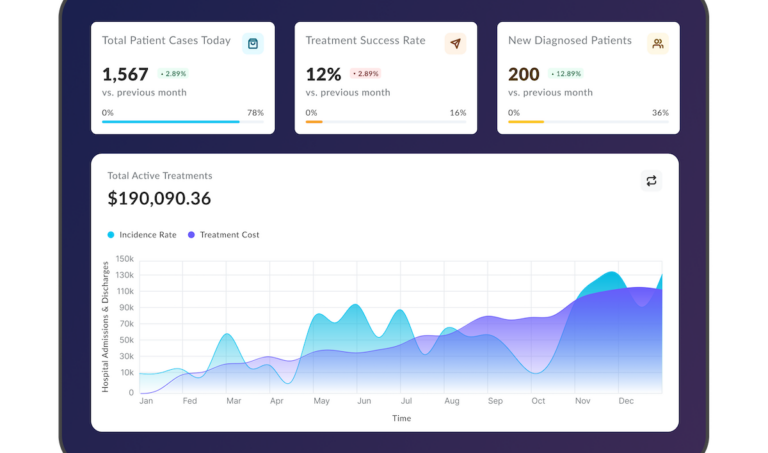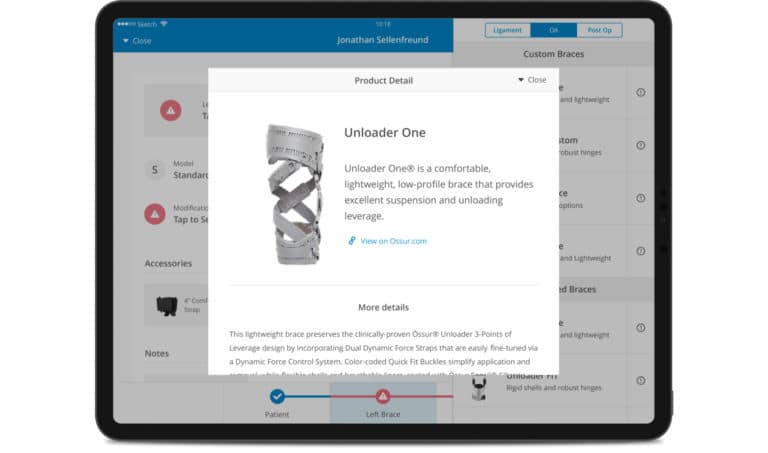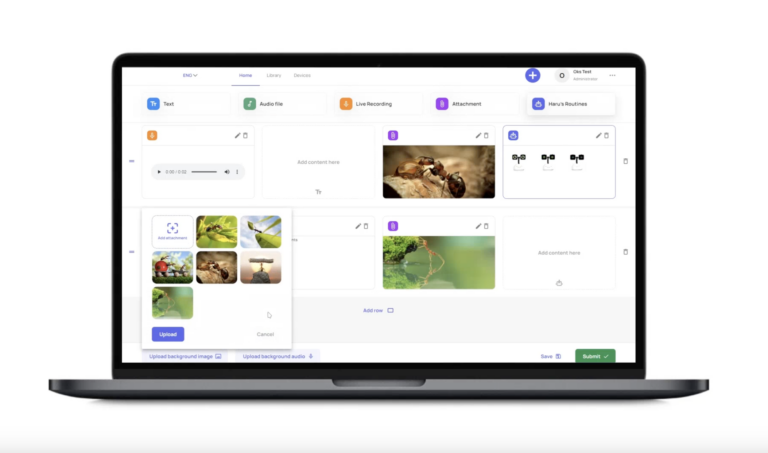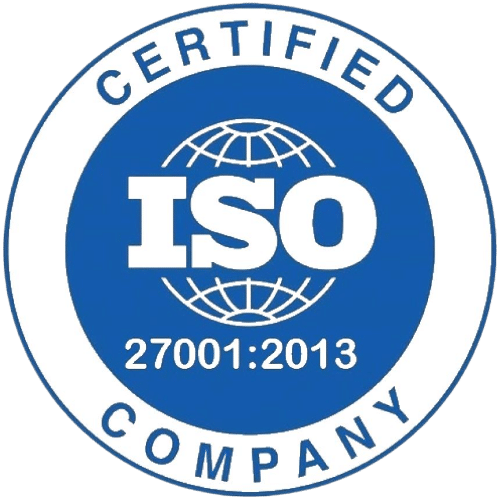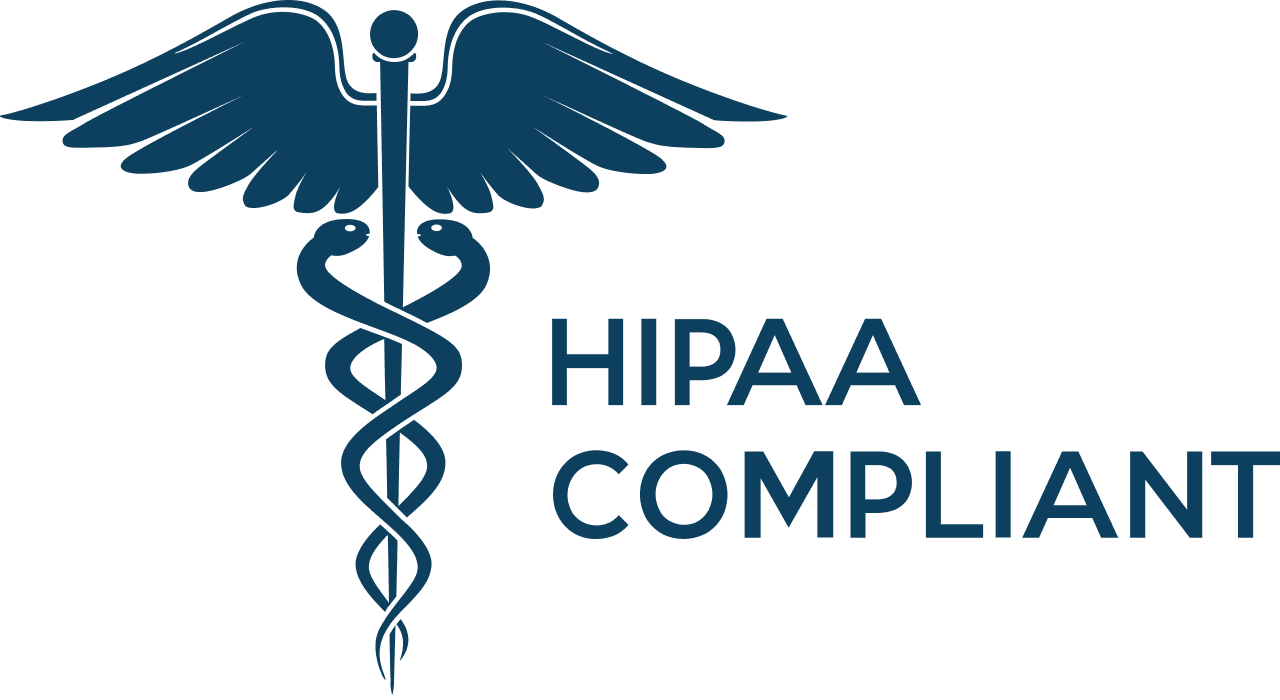Cassian Harrison, Media Star and Founder, Shares How to Build a Successful App from Scratch
Updated: February 7, 2022

Cassian Harrison, Vice President and Co-Founder of the My Theory Test App
‘You know how difficult it is to build a successful app. But, as a result of hard work, our app is now consistently in the top 10 of the best-selling paid apps in the UK, constantly bringing great results. I’m still excited’!
The My Theory Test app is a mobile learning tool designed to help the UK’s future drivers pass their driving theory tests. The app generates a personalized training plan for users, ensuring they learn all the material in time for their tests.

We provide companies with senior tech talent and product development expertise to build world-class software. Let's talk about how we can help you.
Contact us
In this article, Cassian Harrison shares his and Gus Colquhoun’s experiences in starting the My Theory Test app. They created it from scratch, having no team but a fantastic and valuable idea that grew to become one of the top 10 best-selling paid apps in the UK.
The My Theory Test app story
Cassian Harrison has been working on television for years — he has a pretty good sense of what audiences are interested in. His colleague Gus Colquhoun is an outstanding Creative Director at Splink Industries. Years of experience making strategic choices and building engagement resulted in the ultimate tool to help the nation’s future drivers pass their driving theory tests.
‘Our idea was taking the same approach as broadcast television to app development in an educational space. So we wanted to bring somebody trustworthy to this space, who’d make the product look and work well. And so the person that we recruited was my colleague, James’.
Cassian told us about James May — one of the presenters of Top Gear, BBC television’s global hit series, which you’ve probably heard of.

‘James May is a popular and loved personality in the United Kingdom. He’s known for his expertise in driving. He is a good, sensible driver. So, I thought it would be brilliant if he could be part of this. We ended up in a pub with him, playing darts. He said he’d love to be involved, so the app’s name is “My Theory Test by James May”. He’s central to the app’.
Research to be in tandem with the latest insights
The standard procedure for getting a driving licence consists of a driving theory test before the main driving test. About 1.8 million people a year sit the test, but the existing coaching products in the marketplace stood out for their poor quality.
‘It seems that the people who developed the apps haven’t updated them: they’re quite difficult, dry, and provide a boring learning experience. There are two unique things about the My Theory Test app. First, there’s been a lot of digital and online learning work over the last 10 years. Others didn’t use any of the insights or the research that had been gathered over that period. But we did. And we made it much more fun!’
Cassian and Gus created the app to be in tandem with the latest insights in the field. The My Theory Test app is much more joyful than its predecessors, and it has quite sophisticated learning technology. What underpins the app is its algorithm. It works out for the user a complete training plan.
‘The app uses a spaced repetition learning system — an algorithm that helps people learn effectively. The app tracks everything: what you know, what you get wrong, and then makes sure to reinforce the right answers for those weak areas with the algorithmic learning in this spaced repetition system’.
They did quantitative, qualitative, and market research and realised that 16- and 17-year-olds do not think much about their driving theory test until a week before. Hence, they use apps very intensively for a particular function for a short time. That’s why there was a strong reason for a paid-for app release.
At the very beginning, Cassian and Gus worked with a UK agency in what was a challenging but ultimately successful process. Cassian mentioned that the IT developers had gotten used to working with existing brands and not with from-scratch products, like the My Theory Test app.
‘Sometimes, we did go down one path and end up at a complete dead end. So we had to go and stop and start again. It was pretty frightening — we had never done anything like that before. But that makes your journey exciting! Also, nerve-wracking, but worthwhile’!
When we wondered what obstacles and problems they experienced during the app’s implementation, it came out that these were around the spaced repetition algorithm and the learning tools. There was nothing off the shelf that they could replicate — as Cassian stressed.
‘There definitely was development input and intensive programming. It’s essential to choose the right type of technologies from the very outset before even creating the minimum viable product. They were on the recommendation list of the initial development partners. We wanted it to enter both the iOS and Android app stores, so the tech stack and our approach were determined—we chose React Native’.
React Native is easy to work with thanks to its developer tools and error messages integrated within the framework. It also takes advantage of intelligent debugging tools and error reporting, allowing developers to write native mobile applications and reuse code between platforms.

Promotion stage
Initially, the founders chose Google, Apple Search Ads, and Facebook Ads for the My Theory Test app promotion. However, there were a few interesting insights the team got after the very first ad-campaign launch. Cassian pointed out that:
- ‘Specifically, the Apple Search Ads were effective but very expensive’.
- ‘Google really didn’t do anything for us at all. We have a very specific and critical funnel, as it’s about finding “ready-to-pay” customers and driving them into the App Store as quickly as possible. The main problem with Google was that it’s based on search — it was a bit too high up the funnel’.
- ‘We used Facebook Ads Manager, which covers Instagram and Facebook — they were more cost-effective. So we started to double down on that. It seemed to be at the right point in the funnel because we touched enthusiastic people who didn’t know which app they wanted to buy, although they were ready to spend’.
- ‘We used Apple Search Ads. Using ASA, we faced another problem. We encountered people who knew the exact product they were looking for. This means they didn’t look for anything new, so it was a bit too far down the funnel’.
- ‘We also started Tick-Tock advertising this summer. And it works great! Now we’re turning to non-digital marketing areas, as we’ve got a broad base’.
- ‘Talking about offline marketing, we’re also looking to engage driving instructors. Our ideal customers could be using those authoritative opinions to help people who are on their way to getting a licence’.
How can you start your product with no team?
Everything comes down to the management and structure you’re trying to build—with a clear end and a specific goal. To create those, startups need many different people with strong, specific skills to be pointing in the same direction. Relevant was the first outsourcing experience for the My Theory Test app.
‘What you want to do is be really confident that the people who are looking after that for you are experts in their field and they know what they’re doing’.
Cassian gave us compelling grounds for why it’s reasonable for startups to turn to outsourcing:
- ‘If you want to save time and reduce costs — consider outsourcing’.
- ‘It solves technology and infrastructure issues and removes the need for infrastructure investment’.
- ‘Make sure they aim for quality and standards — they already have expertise when you don’t have it yet. So businesses can avail themselves of great talents, assuring higher quality in the future product’.
- ‘Good communication within the outsourced team boosts the productivity and efficiency of your business’.
Why outsource to Ukraine?
- ‘This is an excellent option due to its price’.
- ‘Ukraine has a fantastic talent base of programmers and coders who have excellent standards. It’s more challenging to find people of that quality in the UK’.
- ‘Because of their methods, they offer a unique combination of regular meetings and detail orientation that drives growth’.
‘The quality of work that Relevant has been able to do for us has been absolutely the standard that we need — incredibly effective. Of course, we still want to grow, but I feel terribly proud of everything we’ve achieved altogether. I’m confident that we’ve got a robust data-security system that we’re continuing to maintain.
Get good people and trust them to do their jobs and collectively set yourself goals that are reasonable and achievable. Try to make it a game thing! People feel that they’re making progress and enjoying themselves as they meet each goal as if it’s a game, a journey, or a story. Work step by step and improve elements of your new coming app. Use your overall strategic goal about where you want to get to’.
Our core services:
Do you want a price estimate for your project?
Do you know that we helped 200+ companies build web/mobile apps and scale dev teams?
Let's talk about your engineering needs.
Write to us
